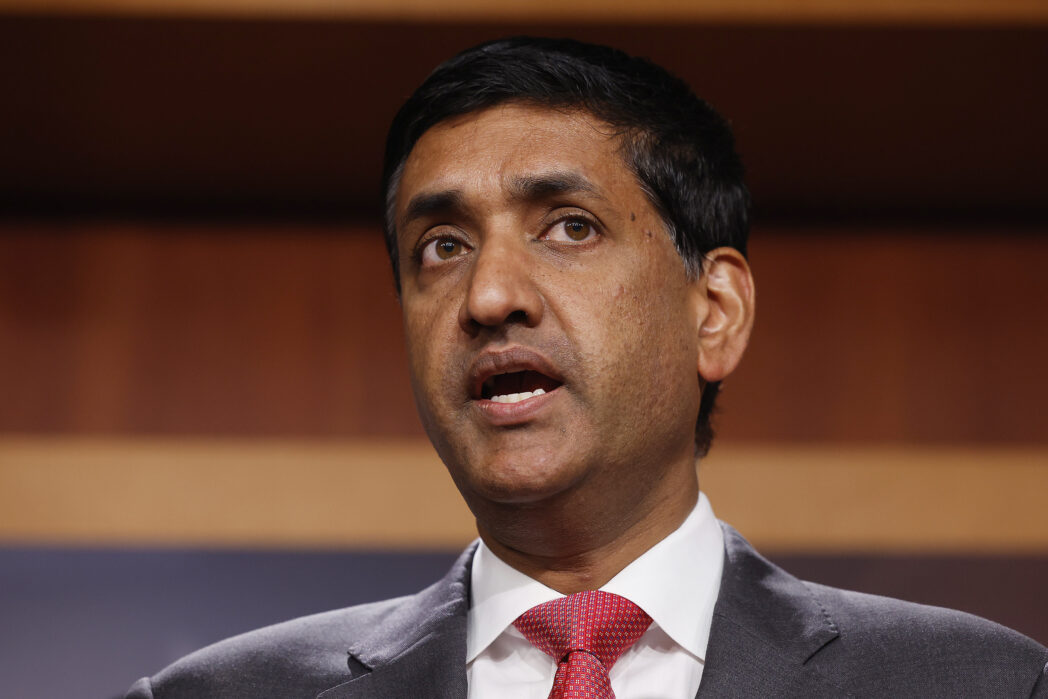Trump signs landmark crypto bill. Here’s what it could mean for Black Americans
The GENIUS Act could open up alternative pathways for financial investments for Black Americans, who have disproportionately invested in crypto

The GENIUS Act could open up alternative pathways for financial investments for Black Americans, who have disproportionately invested in crypto over the years.
President Donald Trump signed into law landmark crypto legislation on Friday, marking a major turning point for the digital asset industry. The GENIUS Act, passed in Congress with bipartisan support, establishes for the first time in U.S. history a U.S. dollar-backed regulatory framework for payment stablecoins.
The new legislation advancing consumer and business regulation of cryptocurrency is seen as a necessary step as the global industry reaches a market cap of more than $3 trillion.
“This is a hell of an act,” Trump said inside the White House East Room during a signing ceremony for the GENIUS Act. “This afternoon, we take a giant step to cement the American dominance of global finance and crypto technology.”
Trump vowed to make the United States the “crypto capital of the world.” The president, who often boasts of having a high IQ, joked, “They named [The GENIUS Act] after me.”
“The legislation is needed right now. There’s a total lack of clarity and it’s totally unregulated,” said U.S. Rep. Ro Khanna, D-Calif., whose district includes Silicon Valley.
Some Democrats like Rep. Maxine Waters opposed the legislation due to a lack of guardrails to prevent corruption by elected officials–namely, President Trump and his family, who have already amassed at least $620 million in the sale of the $TRUMP stablecoin. However, Khanna said he supports the legislation so that the United States can have “some regulatory framework” while lawmakers “work to improve” regulation in the future. 
The GENIUS Act also opens up alternative pathways for financial investments for Black Americans, who have disproportionately invested in crypto, like Bitcoin, over the years.
A 2020 survey conducted by Coinbase found that college-educated Black Americans were twice as likely to be interested in learning more about crypto than their white counterparts, and a majority of Black people said they believed advanced technology would have a positive impact on society.
The statistically higher interest in crypto among Black Americans is likely tied to cultural and lived experiences of being negatively harmed by the traditional financial system, which includes the banking industry and stock markets. The Coinbase data found that 48% of Black Americans indicated they were harmed by the financial markets, as opposed to 24% of white Americans.
According to the Ariel-Schwab Black Investor Survey, in 2022, a quarter of Black Americans owned crypto compared to 15% of White investors.
Marketplace also noted that crypto advertising has especially penetrated Black communities, with endorsements from public figures like LeBron James and Spike Lee, and messages that crypto can help build generational wealth for Black families.
Congressman Khanna told theGrio that Black communities also “really understand” and are “passionate” about technology and building businesses.
“What we need, though, is to expand the opportunities for the Black community beyond crypto. That’s the closest many will get to investing in technology,” said the California lawmaker who is part of the Congressional Artificial Intelligence and Blockchain caucuses. He continued, “We need to make sure that they’re investing in starting companies, in AI, investing in certain companies in quantum computing and cybersecurity, and in synthetic biology and biotechnology so that they have all of the opportunities to build wealth.”
However, despite the major breakthrough for crypto markets, it is still unclear whether investments will lead to significant wealth building for Black Americans. No investment completely guarantees a profit for investors.
Algernon Austin, director for Race and Economic Justice at the Center for Economic and Policy Research (CEPR), warned that the crypto industry is extremely volatile. He told The Washington Post, “Crypto investing is extremely high risk. As an investment, it’s closer to gambling.”
Will the newly signed GENIUS Act improve the industry’s chances of improving pathways toward wealth-building for Black Americans? Only time will tell.
Share
What's Your Reaction?
 Like
0
Like
0
 Dislike
0
Dislike
0
 Love
0
Love
0
 Funny
0
Funny
0
 Angry
0
Angry
0
 Sad
0
Sad
0
 Wow
0
Wow
0
















